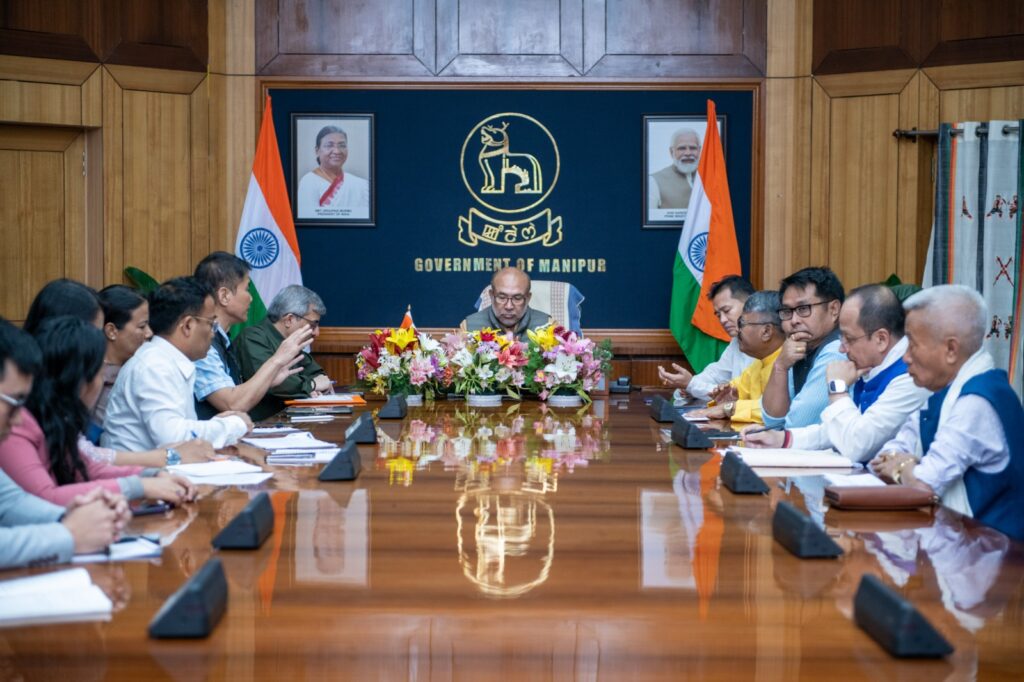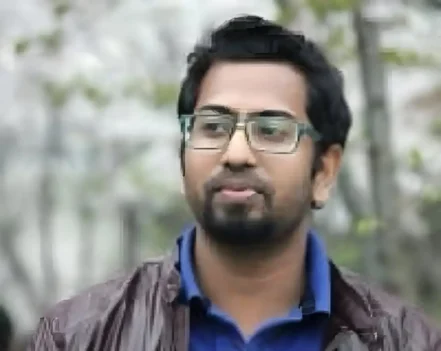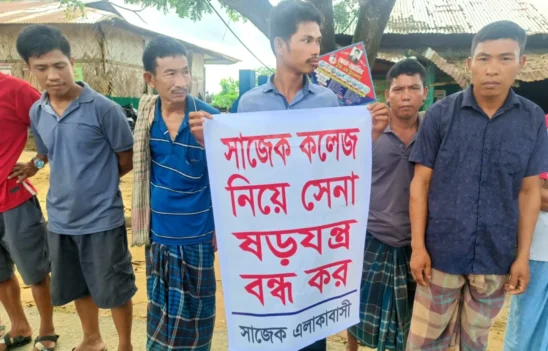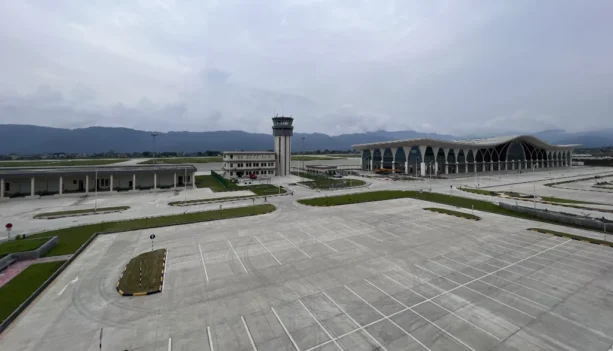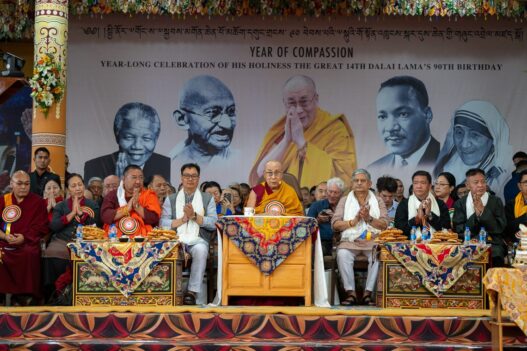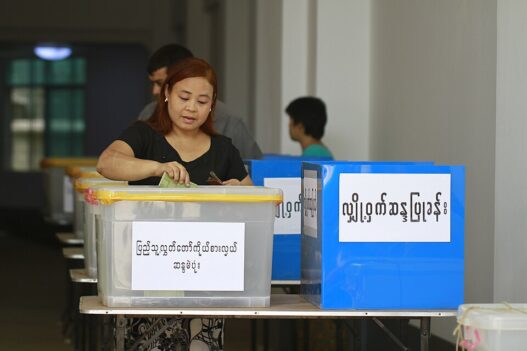Amidst the ongoing violence in Manipur, members of the Assam Rifles have accused Chief Minister N Biren Singh of “political authoritarianism and ambition,” which they believe are the main factors contributing to the unrest. A recent report by Al Jazeera sheds light on the policies of the BJP-led government, which are claimed to have worsened the conflict and deepened communal divisions in the northeastern state. Sources within the Assam Rifles suggest that the state government is partially responsible for the escalating situation.
Al Jazeera, citing The Reporters’ Collective, emphasised policies that are seen as targeting the Kukis and exacerbating tensions. The report also mentions alleged support from state forces and a breakdown in law enforcement mechanisms.
Since the outbreak of violence in May last year, over 200 lives have been lost, and sporadic incidents have been reported this year, resulting in thousands being displaced and relying on relief camps. The ‘Tribal Solidarity March’ that took place last year in opposition to the majority Meitei community’s request for Scheduled Tribe status is where the concern emerged. The situation is made worse by unauthorised migration from Myanmar and the resurgence of calls to create Kukiland. Volatility is increased by Meitei Revivalism, which is supported by organisations like Arambai Tenggol and Meitei Leepun. Kuki leaders accuse these groups of planning attacks; Meitei Leepun is said to support the government of Biren Singh and be in line with the ideology of the Rashtriya Swayamsevak Sangh.
Home Minister Amit Shah’s visit to Naga communities in 2023 was preceded by a skirmish between Arambai Tenggol and Assam Rifles, who are accused of targeting these communities. Among other things, the group wanted the delisting of Kukis from scheduled tribes, the revocation of the agreement on the suspension of operations, and the deportation of refugees to Mizoram. Along with border fencing and the substitution of other paramilitary forces for the Assam Rifles, Arambai Tenggol had also called for the deportation of refugees to camps in Mizoram.
Shah addresses border security concerns, announces closure of India-Myanmar border movement regime
Meanwhile on Monday, home minister Amit Shah has emphasised the unity of Manipur, praising N Biren Singh’s advancements while rejecting the notion of a separate administration for the hills and abolishing the Free Movement Regime. He stated that the BJP remains steadfast in preventing any attempts to divide Manipur, regardless of the challenges. Recognizing the ethnic unrest dating back to last May, he expressed confidence in the Chief Minister’s dedication to restoring tranquility.
Speaking at a campaign rally in Imphal aimed at rallying support for Basanta Kumar Singh, the Bharatiya Janata Party (BJP) candidate for the Inner Manipur Lok Sabha seat, Shah framed the upcoming elections as a choice between factions seeking to fracture Manipur and those committed to its unity. This marks Shah’s second visit to Manipur since the outbreak of ethnic clashes on May 3 last year.
In response to the minister’s remarks, K Devbrata, the working president of Manipur Congress, dismissed Shah’s assertions regarding the implementation of the Inner Line Permit (ILP) system and border fencing in the state as “unfounded and fabricated.” Devbrata stated, “The ILP has not been effectively enforced, and the initiative for border fencing along the Indo-Myanmar border was initiated during the 2012-13 Congress regime. Shah’s claim that it was carried out by the BJP government at the Centre is false.” He emphasised that issues under Congress administrations were resolved satisfactorily, contrasting it with the BJP’s track record.

